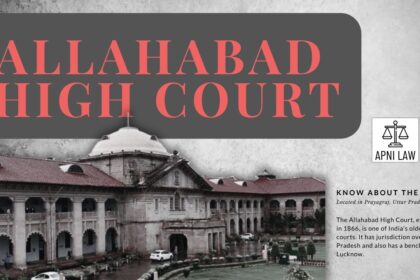Code:
Section 395 of the Code of Criminal Procedure, 1973
Explanation:
This section empowers the High Court to refer a case from a subordinate criminal court to itself for scrutiny. This power is exercised in situations where there are doubts about the correctness, legality, or propriety of any order passed by the subordinate court. The High Court can examine the record of the case, including evidence and proceedings, to ensure that justice has been served.
3. Illustration:
Suppose a subordinate criminal court convicts an individual for theft based on circumstantial evidence. The accused appeals to the High Court, alleging that the evidence was insufficient to prove his guilt. The High Court, after reviewing the record, may find that the subordinate court’s decision was incorrect or unfair. In such a scenario, the High Court could use its powers under Section 395 to refer the case back to the subordinate court for a fresh trial or a re-examination of the evidence.
Common Questions and Answers:
Q: When can the High Court refer a case under Section 395?
A: The High Court can refer a case under Section 395 when it is satisfied that there are sufficient grounds to doubt the correctness, legality, or propriety of any order passed by a subordinate criminal court.
Q: How can a person request a referral under Section 395?
A: A person can request a referral under Section 395 by filing a petition in the High Court. The petition must clearly state the grounds for the request and provide evidence to support the claim.
Q: What can the High Court do after referring a case?
A: After referring a case, the High Court can examine the record, hear arguments from the parties, and pass an appropriate order. This order can include directing the subordinate court to re-examine the case, quashing the order, or modifying the order.





